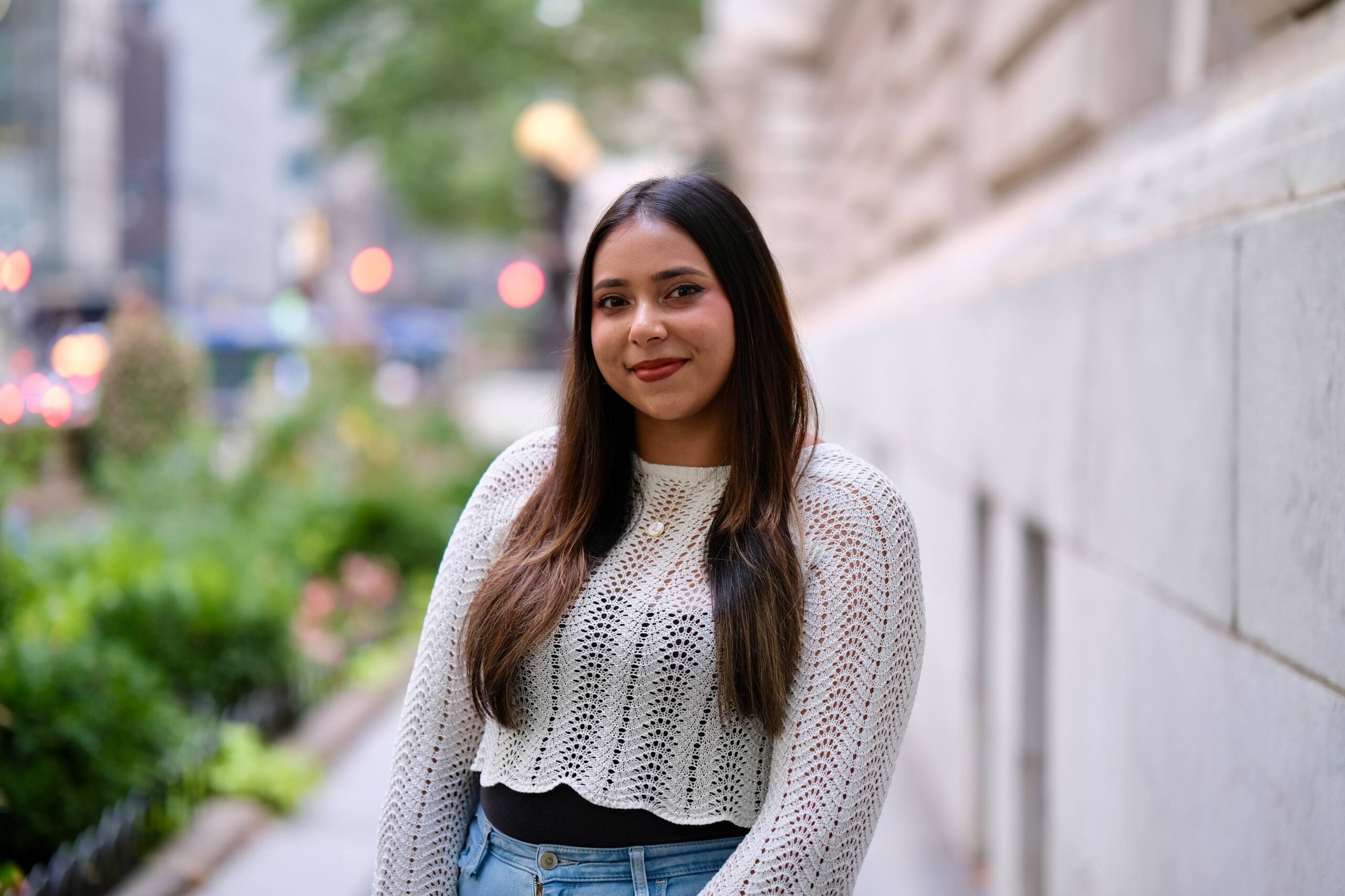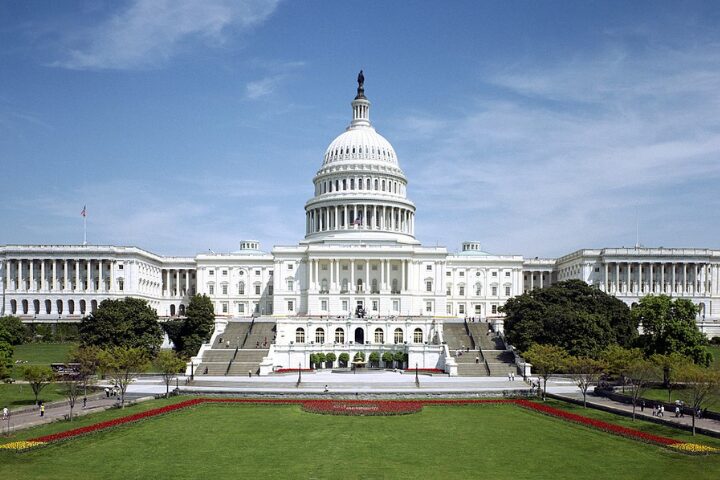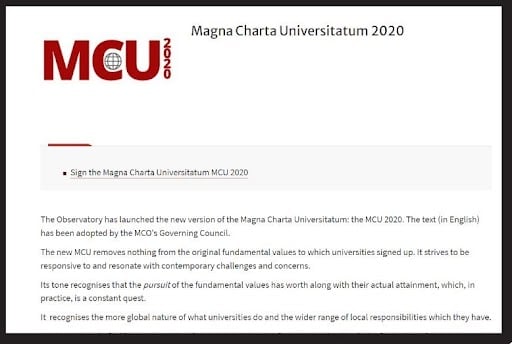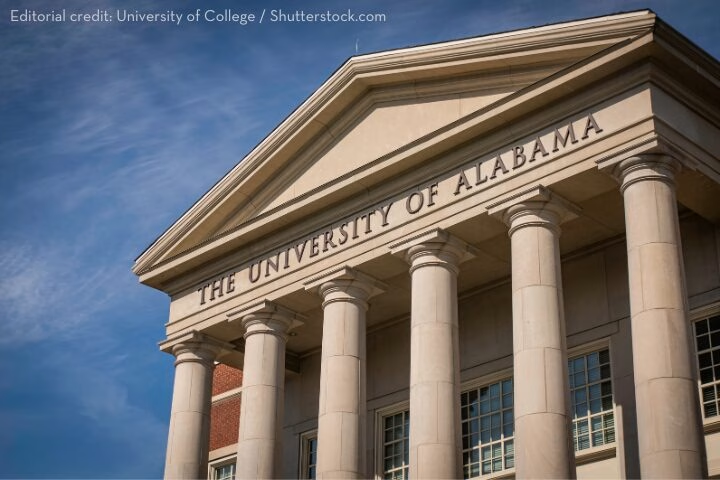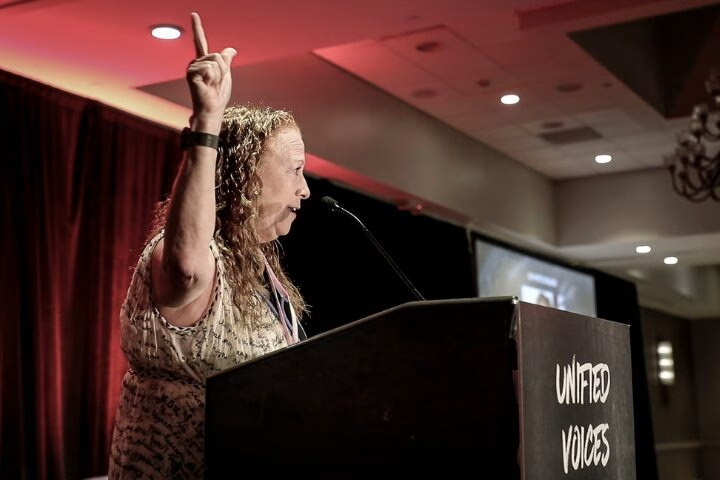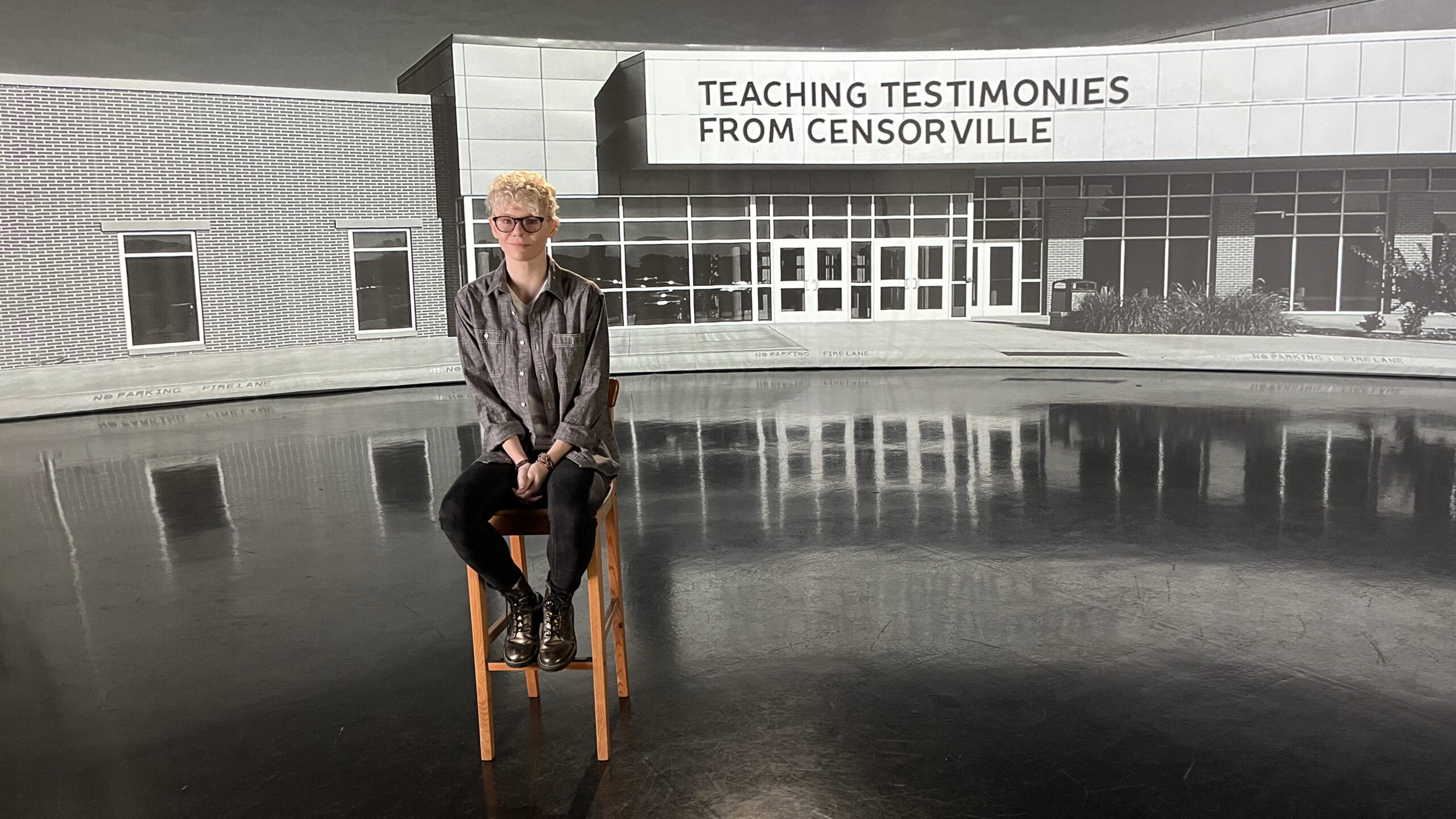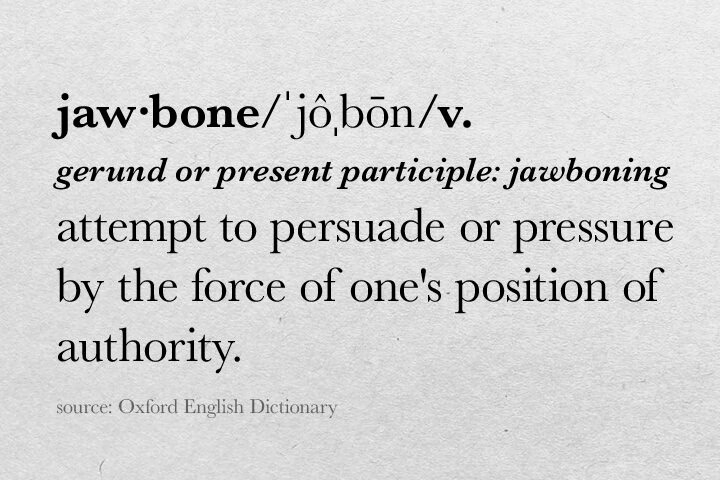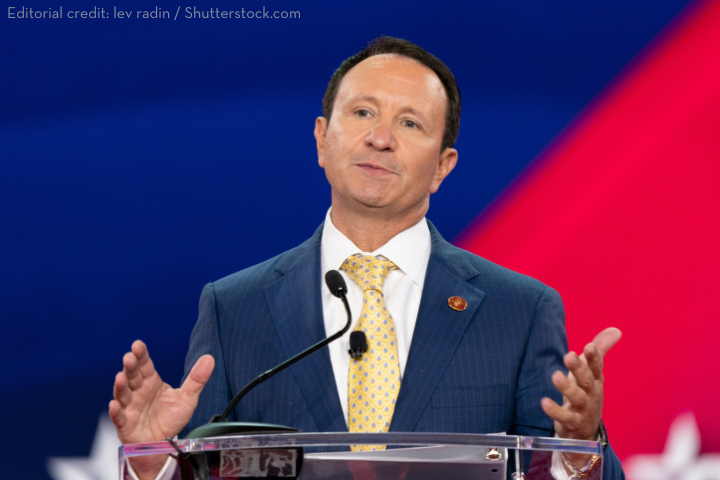Conversations on the Quad: Coalition for University Equity
As anti-DEI policy spreads across the country, on both the state and federal levels, student cultural centers have been among the first casualties.
At Iowa State University (ISU), the implementation of Iowa’s sweeping DEI ban led to the shuttering of ISU’s beloved Center for LGBTQIA+ Student Success, known simply as the Center. Once a space of support for the campus’ Queer community (housing mental health resources and hosting events such as ‘Arts and Crafts Days’ and the Lavender graduation), the Center is now a reservable, general space. As Erin O’Brien, a student at ISU and a member of the Coalition for University Equity (CUE), puts it, “it doesn’t really do anything anymore. It’s just a room now. It’s not a program.”
For this month’s installment of Conversations on the Quad, we reached out to CUE (formally ISU Students Against SF 2435), which organized last year in response to Iowa’s DEI ban, SF 2435. Since the shuttering of the Center, ISU students have organized two protests against SF 2435 and have committed to vigilantly tracking this legislative session. Cassandra Cook, another student and member of CUE said that their focus is on “making sure that students still have access to resources that they might need when they’re attending a university. Bills that are threatening that are what we’re looking out for the most.”
Bills that restrict DEI in higher education often have devastating effects on student cultural centers, effects magnified when administrators rush to “overcomply” with bill provisions. Last year, for example, following the passage of HB 261, universities in Utah closed their cultural centers, including a women’s center, an LGBTQ+ Resource Center, and a Center for Equity and Student Belonging. Even though the law did not require their closing, the universities did it anyway. Whatever the intention of these bills, there is no denying that they often result in cuts to services available to students.
This sort of overcompliance is an issue across higher ed spaces. In November, PEN America condemned the University of North Texas for overcomplying with a DEI ban, SB 17, by scrutinizing course instruction and research for references of DEI, even though SB 17 itself explicitly exempts from the ban academic course instruction and scholarly work.
The shuttering of the Center at ISU was a wakeup call for student activists—a clear message that they must defend their community programs against these legislative attacks. As Cook explained, the shuttering of the Center “was sort of this moment of realization. Like, oh, we have this comfortable status quo. We have this place that we feel comfortable and safe and we don’t really have to do anything for that to be there. It kind of dawns on you that that’s going away. If we want to keep having this kind of community, we need to work for it.”
This fight to defend their community has been a major motivating factor for ISU students. O’Brien and Cook explained that the legislation’s impact on their resource center helped to galvanize support for their advocacy. “It’s been a sort of mobilizing influence,” O’Brien explained, “there’s a lot more people now getting up and getting active.” Cook added, “it doesn’t take a lot to make a big difference. I feel like I’ve made an impact in my presence despite the fact that I haven’t been in a leadership role.” This group has made an impression, not only on their campus but across Iowa, as their efforts gain the support of community members and elected officials and have been covered by news outlets from their student newspaper, the Iowa State Daily, to the Ames Tribune and the Iowa Capital Dispatch.
The Coalition for University Equity has become a leader in advocacy on their campus as they organize against legislation that would negatively impact student resources and equitable outcomes at Iowa universities. In a time in which higher ed seems to be under a near constant barrage of threats, their organizing, and the organizing of students on campuses across the country, is a reminder of the power of people working in defense of their community. As Erin O’Brien reminds us, “you cannot do things alone.”


